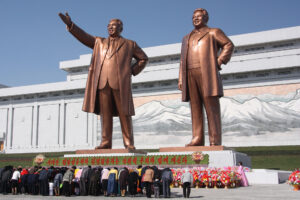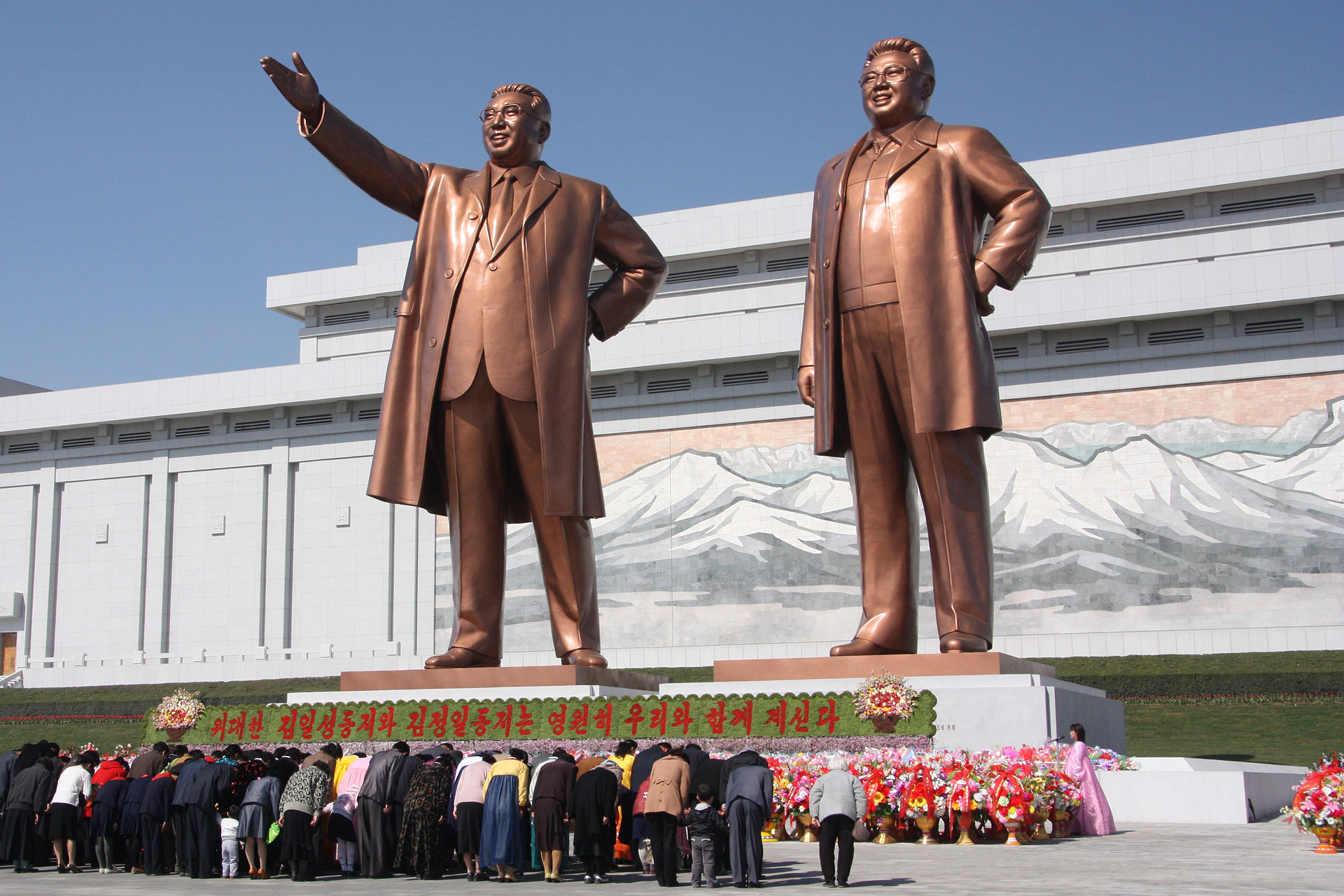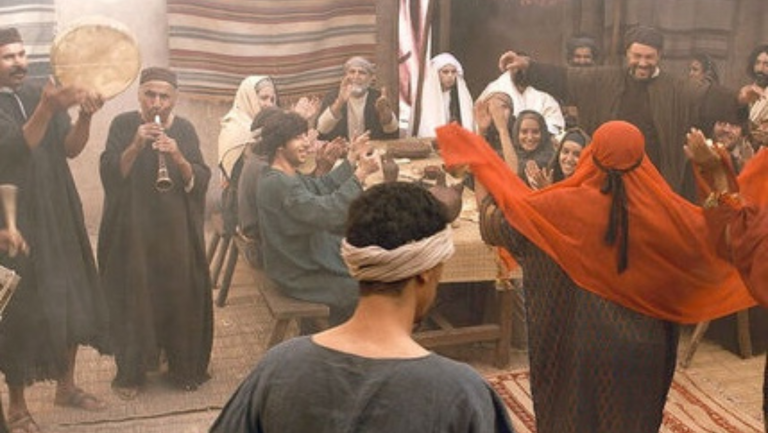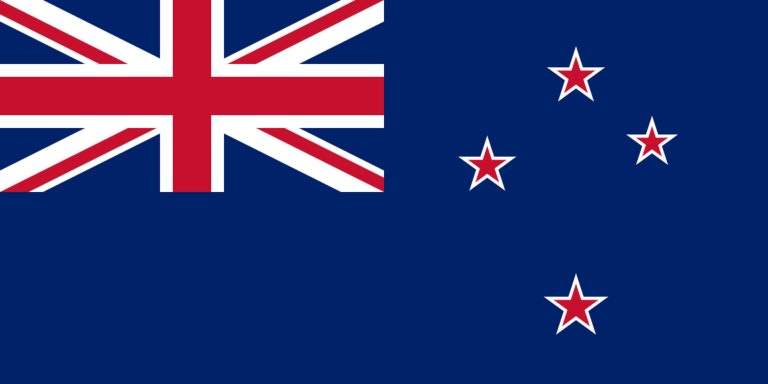In a recent article in the MI Bulletin, I wrote about FEBC’s ministry in Korea. I explained that we work with other ministries to smuggle radios into the North so that the citizens under that totalitarian regime can hear our broadcasts from the South.
Obviously our efforts to smuggle radios into the nation, and broadcast life-giving radio programmes to the people there, are a compassionate Christian response to a repressive and brutal dynasty.
Not all Christians agree with the idea of smuggling.
Interestingly, not all Christians agree with the idea of smuggling radios, Bibles, or humanitarian supplies into places where the authorities forbid such things. I have been politely but firmly challenged about this. After all, it is ‘illegal activity.’ We are ‘breaking the law.’ How can we think this is acceptable Christian behaviour?
So in answer to the question ‘Is this acceptable Christian behaviour?’ I can happily reply: Yes! It is actually thoroughly in keeping with Christianity. But we must tread carefully. I will share some Biblical examples.
When Moses was born, the authorities decreed that all boys must be thrown into the Nile (to be drowned). Moses’ mother hid him (an illegal act), and then secretly released him on the Nile to be rescued. Praise God she did. (Exodus 2)
At the time of our Lord Jesus’ birth, the then authorities gave orders (legal decree) that all boys two years old and under were to be killed. Mary and Joseph smuggled Jesus out of the country at night, and escaped to Egypt. This act was “illegal” at the time, but praise God they did it. (Matthew 2)
Tell the people…
Because of their preaching, Peter and the apostles were arrested and thrown in a public jail. According to the law they must stay there and be tried and sentenced. But an angel of the Lord opened the doors! This is an illegal act according to the law of the land, but they were told to go out and “tell the people the full message of this new life.” (Acts 5:17-20)
When they were later questioned they said in faith “We must obey God rather than men!” (Acts 5:29). This is a particularly good example of God and people overriding the law of the land for the sake of God’s mission to announce the good news to all people.
There are several more examples, including that of the Apostle Paul preaching the good news illegally, and even being threatened and abused by the authorities for doing so. We are never told that this is not acceptable Christian behaviour. In fact, I suggest that obeying God’s law to make disciples of all nations, over Man-made laws, is why we are advised not to be surprised at painful trials and suffering (1 Peter 4:12-13).

This is what happened to Shadrach, Mishack and Abednigo. They broke the law when they refused to worship the idolatrous golden image that King Nebuchadnezzar set up, and were punished for it. They obeyed God rather than man made laws, and thankfully for them, were miraculously delivered from the fiery furnace. (Daniel 3)
When to obey & when to risk suffering.
Peter told Christ followers to “be subject for the Lord’s sake to every human institution, whether it be to the emperor as supreme, or to governors as sent by him to punish those who do evil and to praise those who do good.” (1 Peter 2:13-14). Here Peter is speaking of ordinary civil situations and not about persecution for being Christians. Further on in his letter he carefully states that if Christians suffer for breaking the law it must not be “as a murderer or a thief or an evildoer or as a meddler.” (1 Peter 4:15) This word ‘meddler’ may have been coined by Peter and some scholars have translated it ‘spy’ or ‘revolutionist.’
Point being, Christians are indeed commanded to obey human governments except for the purpose of avoiding unjust murder, when forbidden to worship the One True God, when made to worship another god, and when forbidden to share the good news of Jesus with all peoples. Persecution by authorities under these circumstances is specifically for being believers, and not for common civil disobedience or ‘revolution’ when a Christian disagrees with the government. Genuine persecution is the situation in North Korea.
I appreciate that for some Christians the Apostle Paul’s word to “submit ourselves to the governing authorities” in Romans 13 may appear to be a universal all-inclusive command. I don’t share that view for the above reasons and more. In the context of Paul’s words, they are given for the sake of public order and for the paying of taxes. He calls Christians to respect and honour civil authorities, and to pay their taxes and bills to whomever they are due. This is all in order to keep a good conscience on these matters (taxes and order), and to avoid punishment.
This subject highlights the fact that while God’s law is perfect and eternal, there are imperfect human laws as well. In several jurisdictions around the world Christians are forbidden to gather, teach children or evangelise. Christian baptism may require special permission that can take months or years, or never actually arrive. However, we are never told to ignore or reject God’s laws and commands when they contravene earthly governments or authorities.
Furthermore, nowhere in scripture are we permitted to harm anyone or endanger people’s well being by our Christian work. Quite the opposite. Care and godly encouragement are commanded of us, alongside taxes, honour and respect for leaders.
Of course, any Christians who do break local human laws to avoid murderous threats (think Moses, baby Jesus) or to preach the good news (think Peter & co), must be prepared to face the consequences. God knows that human authorities will exercise strong and sometimes lethal power when enforcing their laws. If they end up in jail, their hope must be that an angel will set them free!
Far from being criminals for smuggling radios into North Korea, I’m proud of our brothers and sisters in South Korea for their faith and courage to love their northern neighbours with the message of hope so desperately needed.
We serve and struggle together in a very imperfect world.
God bless, kia kaha,
Matt







+ There are no comments
Add yours